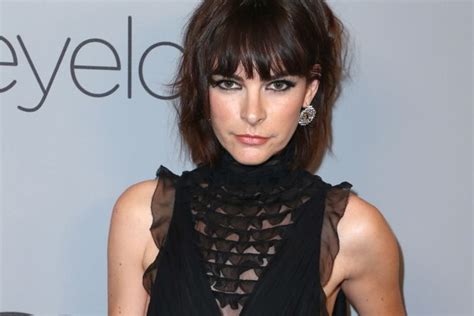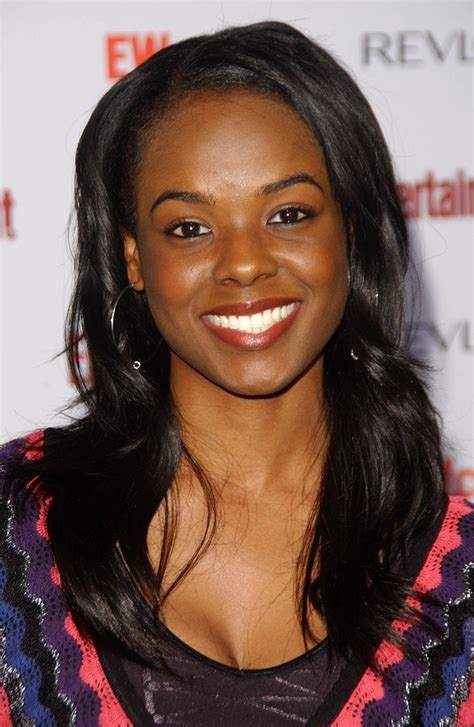A Quote by Flannery O'Connor
When you can state the theme of a story, when you can separate it from the story itself, then you can be sure the story is not a very good one.
Related Quotes
Each of us is born with a series of built-in confusions that are probably somehow Darwinian. These are: (1) we're central to the universe (that is, our personal story is the main and most interesting story, the only story, really); (2) we're separate from the universe (there's US and then, out there, all that other junk - dogs and swing-sets, and the State of Nebraska and low-hanging clouds and, you know, other people), and (3) we're permanent (death is real, o.k., sure - for you, but not for me).
I think that when I'm telling a story, I'm doing the best I can to tell the story as fully as I can, and if there are various fractures that happen in the story, then that's just the very thing that the story is as opposed to my looking for avenues of difference in one story. They just really do exist. For me, anyway.
I'm not a big note-taker, so I think that the way I decide is that whatever I remember I always consider something that's important. If I remember a joke then I know it's a good joke, if I remember a story then I know it's a good story, and so that's how I curate what stories I'm going to write for the book. And I go over them again, make sure there's a theme and all that stuff, but mostly, it is intuition.
I think that people have to have a story. When you tell a story, most people are not good storytellers because they think it's about them. You have to make your story, whatever story it is you're telling, their story. So you have to get good at telling a story so they can identify themselves in your story.
If the point of life is the same as the point of a story, the point of life is character transformation. If I got any comfort as I set out on my first story, it was that in nearly every story, the protagonist is transformed. He's a jerk at the beginning and nice at the end, or a coward at the beginning and brave at the end. If the character doesn't change, the story hasn't happened yet. And if story is derived from real life, if story is just condensed version of life then life itself may be designed to change us so that we evolve from one kind of person to another.
The thing that's helped me from wrestling is sometimes when you do live television, things change immediately, so you can be immersed in one story and then the story shifts. Ultimately, if you just get the point of what you're trying to accomplish, if you know the story, then you can put forth a good product.
It's hard to tell if anyone's interested in reading a serialized story. But it's interesting to put in a cliffhanger each week. That was popular in old comic strips. They'd write a weekend story different from the daily strip. So people follow one story day to day, and a separate story on weekends. If you read them, you think "I'll read two more." Then you're like "I gotta find out!" And you read 500 more.
It's only a story, you say. So it is, and the rest of life with it - creation story, love story, horror, crime, the strange story of you and I. The alphabet of my DNA shapes certain words, but the story is not told. I have to tell it myself. What is it that I have to tell myself again and again? That there is always a new beginning, a different end. I can change the story. I am the story. Begin.
You have to do three things really well to make a successful film. You have to tell a compelling story that has a story that is unpredictable, that keeps people on the edge of their seat where they can't wait to see what happens next. You then populate that story with really memorable and appealing characters. And then, you put that story and those characters in a believable world, not realistic but believable for the story that you're telling.






































